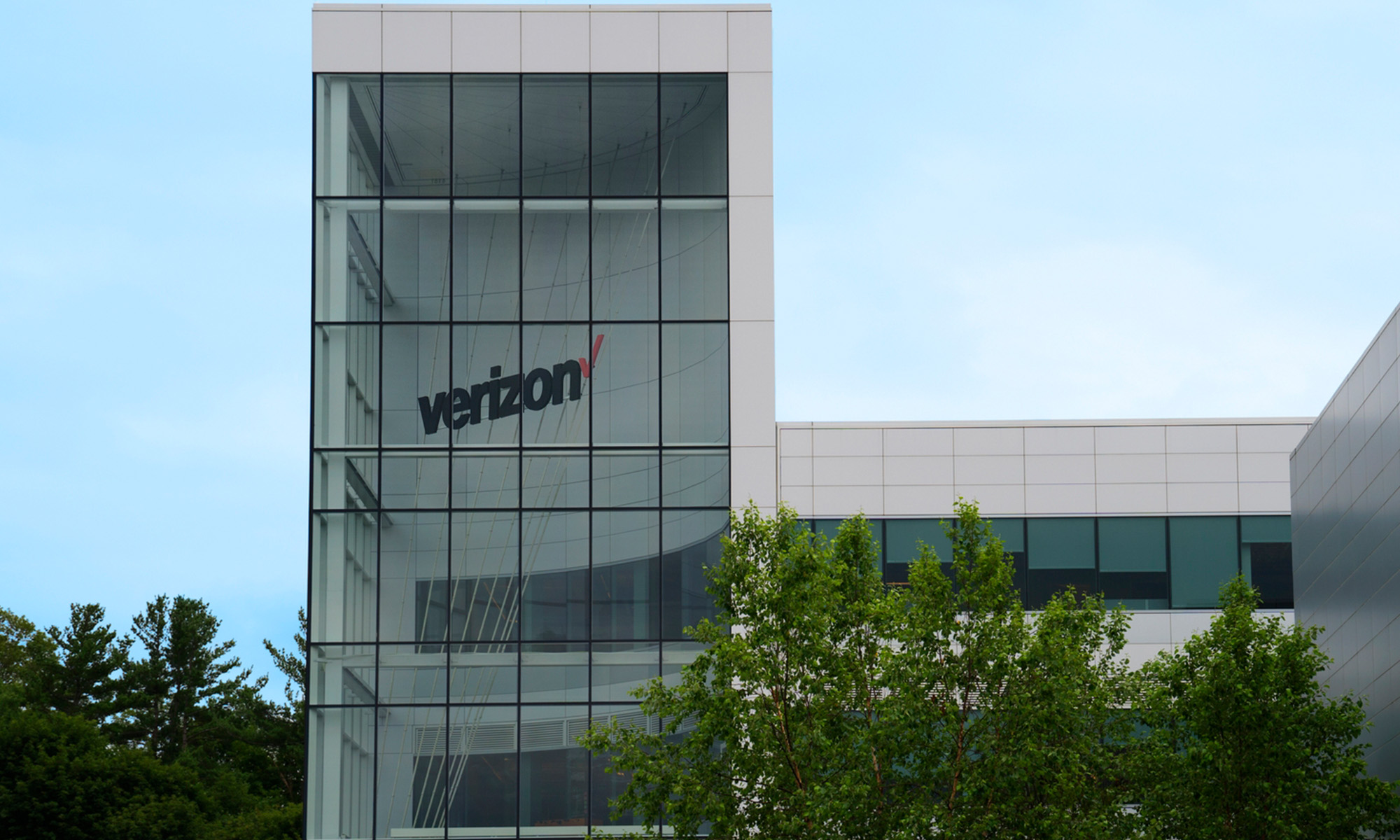Samsung (NASDAQOTH: SSNLF) recently unveiled its new lineup of Galaxy S10 smartphones at its annual Samsung Unpacked event, including a model available for pre-order that will be the first on Verizon's (VZ 0.52%) 5G mobile network.
The phone -- which includes the largest available screen in the Galaxy S series at 6.7 inches diagonally as well as a 3D-sensing camera -- will be released during the first half of 2019. Details are scant at this point, but the hardware could provide upside for both companies, albeit limited for the time being.

Image source: Samsung.
Why the first 5G phone matters...
Samsung has come a long way with its smartphones over the years, and the Galaxy phones are a legitimate contender every year for the best-selling model in the U.S. However, Apple remains the top dog in this country, gobbling up around 40% of market share in 2018 to Samsung's roughly 25%, according to Counterpoint Research. Besides playing second fiddle, it was also a bad year for smartphone sales. Counterpoint said U.S. phone sales were 10% lower during the 2018 holiday shopping season than they were a year ago.
Tech research group IDC said that global smartphone sales were down 3% in 2018, and average annualized growth is expected to be less than 3% through 2022. Paired with weakness in its other operating segments, Samsung has said its business is poised for some sluggish performance -- at least in the immediate future. Thus, the Galaxy S10 5G could be a great marketing tool for the manufacturer, especially as Apple has indicated it won't be in the 5G game until at least 2020. That could set the stage for Samsung to narrow the gap in the U.S. as it touts being the first next-gen hardware available at Verizon, the mobile network that is America's largest and consistently ranked most reliable.
As for Verizon, choosing Samsung as its initial 5G rollout partner could also be good marketing. A 5G-based internet service for home use is already available in five U.S. cities -- including hurricane-battered Panama City, Florida. The company says it will be rolling out 5G to some 30 cities in 2019, and educating consumers on the capabilities of its new network is an area of focus. Verizon "5G stores" have popped up in a few markets where it's available, showcasing the high speeds and low latency (the time it takes data to travel between points) that will better enable things like virtual reality and ultra-high-definition video streaming. Having Samsung on board could help with those education efforts.
Check out the latest Verizon earnings call transcript.
...and why it doesn't matter
With only 30 cities with 5G by year's end and coverage details yet to be revealed, the Galaxy 5G phone isn't likely to be a total game changer for Samsung. And as 5G progressively rolls out and becomes more readily available, other manufacturers will release their own devices.
New smartphones themselves won't necessarily benefit Verizon, either. Consumers have mostly made the migration to mobile already, so 5G for many people would just mean a boost in download speeds more than anything.
Nevertheless, the new network could have other important implications for Verizon. Mike Haberman, Verizon vice president for network engineering, told me that the 5G rollout this year will be broad based, enabling both mobile and home use. That could put Verizon in prime position to disrupt traditional internet service providers in the broadband internet space.
Besides faster speeds, Haberman also talked about beamforming: the ability to identify and focus the 5G signal to individual devices to make the data transmission much more precise and efficient. In layman's terms, that means a better signal more of the time. While that may not mean much to some early adopters of the Galaxy S10 5G (the phone will also work off the 4G LTE network as well), it will be meaningful down the road as Verizon's network opens up new capabilities in areas like connected transportation and smart cities. The new Galaxy phone will likely prove useful as a real-world field test of those new capabilities.
So what's the upshot for investors? By itself, the Galaxy S10 5G won't move the needle much for Samsung or Verizon. But it's good marketing for both companies as the jostling over 5G supremacy is only getting started. My money's on Verizon leading the charge, as it has been doing in recent years with the current 4G network standard.







